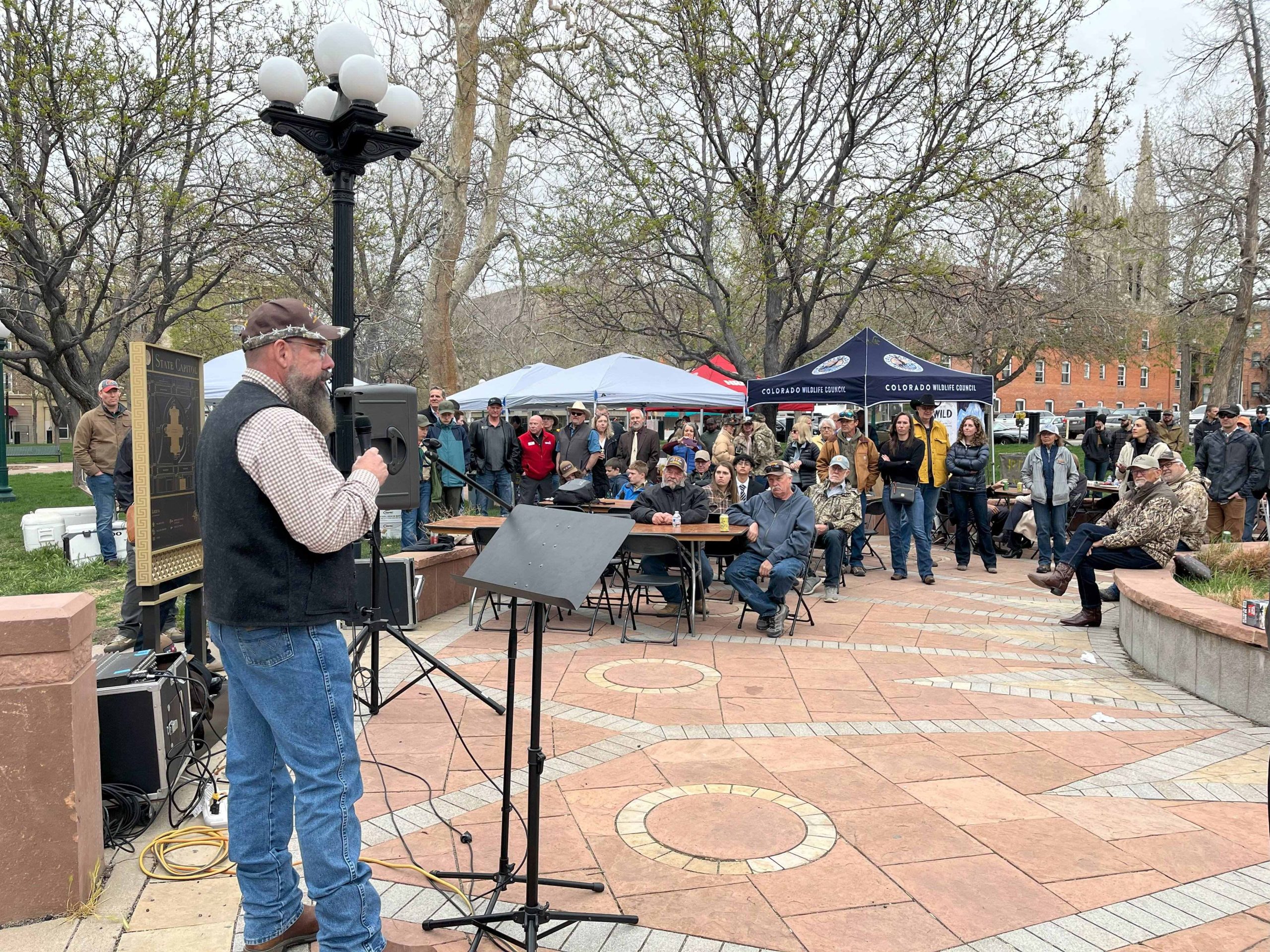Alyssa Gay is a strategic communications leader with more than eight years of experience advancing mission-driven organizations through innovative marketing, advocacy, and stakeholder engagement. A Florida native, she graduated summa cum laude from the University of Florida with a degree in Telecommunications. Alyssa is the founder and CEO of Honeycomb Creative, a nationally recognized marketing …
Search Results for: results
Why It Matters: For many years, some states have maintained vague, outdated laws banning the sale, possession, use, and manufacture of certain types of knives. It is not uncommon for many dated, unnecessary statutes to remain on the books for years and become largely ignored. However, these state laws can still cause legal issues if …
Pro-Knife Legislation Advances in the Northeast as Sessions Wind Down Read More »
Why It Matters: Bipartisan victories, particularly those regarding firearms, seem to be an increasingly rare occurrence these days. However, Oklahoma’s recent passage of Senate Bill 50 highlights the opportunities that exist to enact meaningful legislation designed to support the safe and responsible handling and storage of firearms while protecting the rights of law-abiding sportsmen and …
Oklahoma Passes Sales Tax Exemption for Firearm Safety Devices, Including Gun Safes Read More »
Why It Matters: Colorado is a state currently beset with many political challenges that threaten our outdoor pursuits and traditions. Despite that, sportspeople from across the state gathered at the Capitol in Denver to both show legislators who support us our support for them, and to show those legislators who threaten our interests that the …
Despite Challenges, Colorado’s Sportsmen and Women Unite at the Capitol Read More »
Why It Matters: For the continued success of our time-honored outdoor traditions, it is critical to secure policies that provide increased access and opportunity for hunters to remain engaged in their outdoor pursuits regardless of age or injury, as well as offering additional avenues for new hunters to be introduced to the stand or blind. …
Summary Red snapper are a popular sportfish in the South Atlantic, but despite having the healthiest population of red snapper in recorded history, recreational anglers have been met with severely restrictive season lengths. This punitive result to having more fish in the water can be attributed to a federal management system that relies on often …
Why It Matters: As Americans realize the lure of living in a coastal state, like South Carolina, that provides seemingly limitless opportunities for outdoor recreation, it is critical to keep public access front of mind both now and into the future. South Carolina, like many other states on the East Coast, has been faced with …
CSF Priority Hunting Access Legislation Introduced in South Carolina Read More »
January 28, 2025 (Washington, D.C.) – The Congressional Sportsmen’s Foundation (CSF) is pleased to announce the bipartisan leadership for the Congressional Sportsmen’s Caucus (CSC) during the 119th Congress. As leaders of the Congressional Sportsmen’s Caucus, the Co and Vice Chairs in the Senate and House will be tasked with leading the charge in the CSC’s mission …
CSF Welcomes Congressional Sportsmen’s Caucus Leadership of the 119th Congress Read More »
Why It Matters: During the 2023 legislative session, the Washington Legislature commissioned a $300,000 study to review the governance, climate adaptability, and the mandate of the Washington Department of Fish and Wildlife (WDFW). The results of that study have led some legislators to consider sweeping revisions to the WDFW governance structure. One of the seven …
Commission VS Cabinet: WA Grapples with Wildlife Management Read More »
Why It Matters: The red snapper season in the South Atlantic lasted only 1 day in 2024, despite the highest abundance of red snapper anyone has ever seen in the region. While recent data indicates red snapper are no longer experiencing overfishing, the Congressional Sportsmen’s Foundation (CSF) was disappointed to learn that a proposed amendment …
Bill to Discard Proposed Fishing Closures Introduced Read More »













